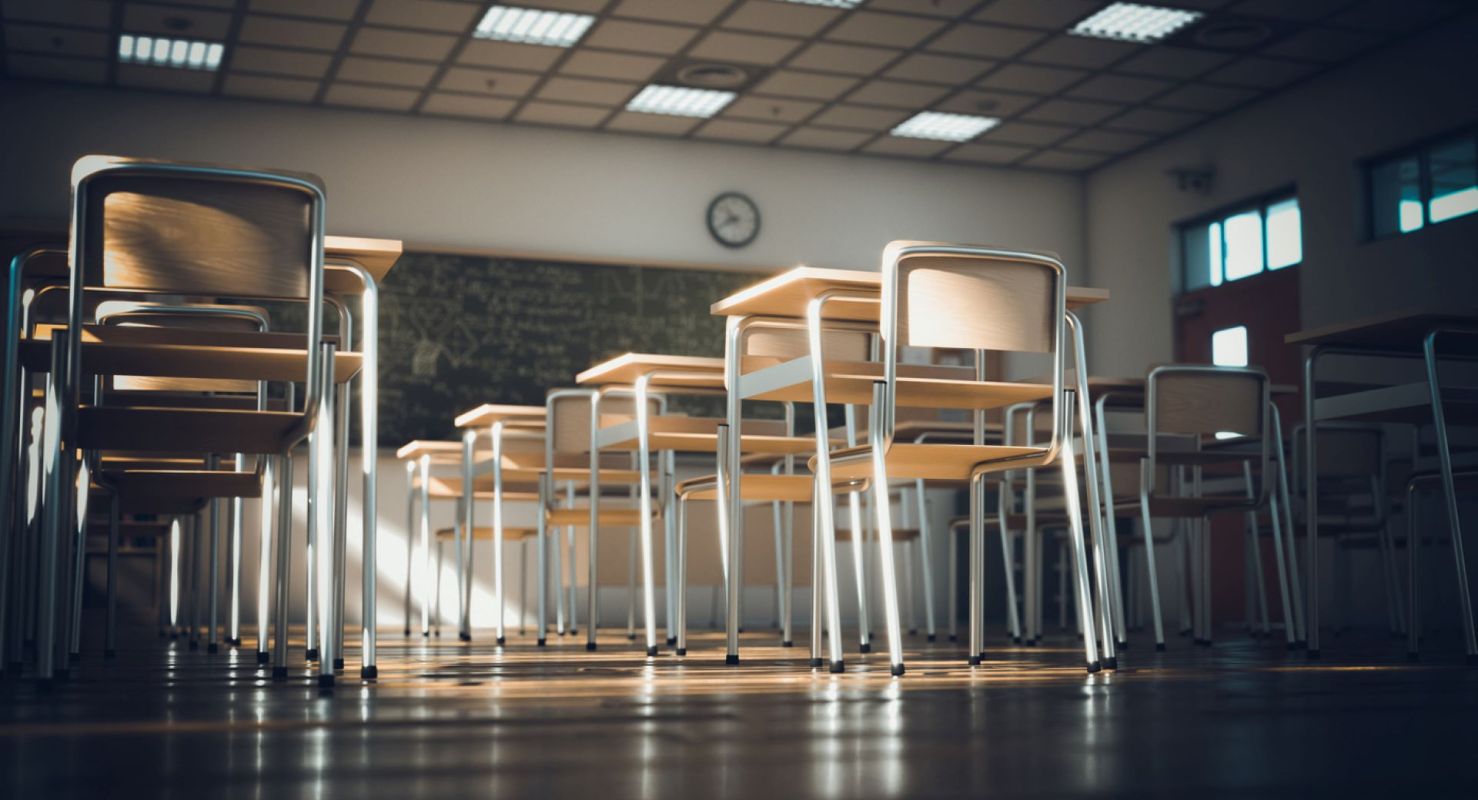In the increasingly polarized landscape of environmental education, classrooms have become the new battlegrounds.
As reported by the Washington Post, a group representing plastic industry professionals is taking its message directly to students through initiatives like the "PlastiVan" program. The aim? To reshape perceptions of plastic, framing it as a solution rather than a problem.
"They are exploiting an educational system that oftentimes embraces free materials and something that may have the appearance of rigor, but is really about industry peddling a message that their harmful product is good," Robert Bullard, an urban planning and environmental policy professor at Texas Southern University, told the Post, comparing the initiative to those used by the tobacco industry in the past.
Plastics have long been criticized for their negative impact on the environment. They contribute to the Great Pacific Garbage Patch and similar accumulations in our oceans. This floating debris not only pollutes our waters but also transports species to new habitats, disrupting local ecosystems.
Additionally, plastics aggravate flooding by clogging drainage systems, posing a threat to over 200 million people. And microplastics — tiny particles smaller than the diameter of a pencil top eraser — have been discovered all over the globe, from the deepest oceans to the highest mountains and even in our own bodies.
The United Nations has warned of an "environmental catastrophe" with millions of tons of plastic entering our oceans annually. Repurposing efforts, though promoted as a solution, have fallen short, with only 9% of plastics globally being successfully recycled (per the Organisation for Economic Co-operation and Development).
"A teacher could be explaining to these students why so much of plastic is fundamentally not recyclable. Telling high school kids these problems can be solved by recycling more is disingenuous," Judith Enck, a former regional administrator for the Environmental Protection Agency, told the Post.
Despite mounting evidence of plastics' harmful effects, industry-backed initiatives like the PlastiVan program hope to foster a positive perception of plastics in young adults and kids, emphasizing personal responsibility, innovation, and recycling.
While taking responsibility for our consumption habits is important, critics have questioned the motives behind these initiatives. Environmental groups are concerned about misinformation being spread, with the industry's role in plastic pollution being downplayed.
Environmental advocates who oppose these new educational programs believe that true solutions require systemic change. These groups are pushing for greener policies, advocating for bans on single-use plastics and stricter regulations on plastic production.
The clash between industry interests and environmental concerns reflects broader tensions over sustainability and corporate responsibility. As the world grapples with the overheating of our planet and environmental degradation caused by human activities, the role of education is critical.
"This is a huge fight for the future of our kids," Margaret Galbraith, who works with students fighting to ban single-use plastics from school cafeterias, told the Post.
Join our free newsletter for cool news and actionable info that makes it easy to help yourself while helping the planet.









